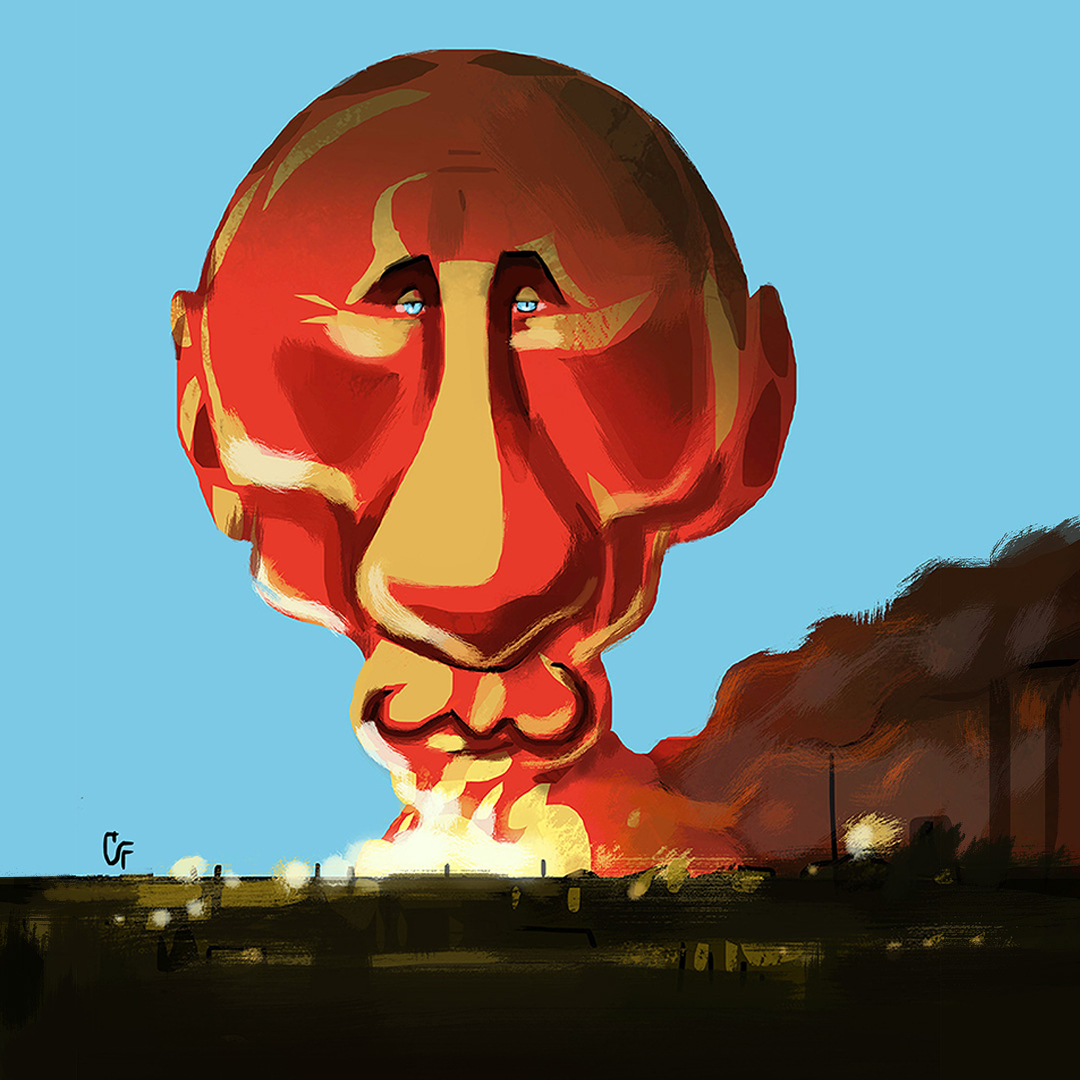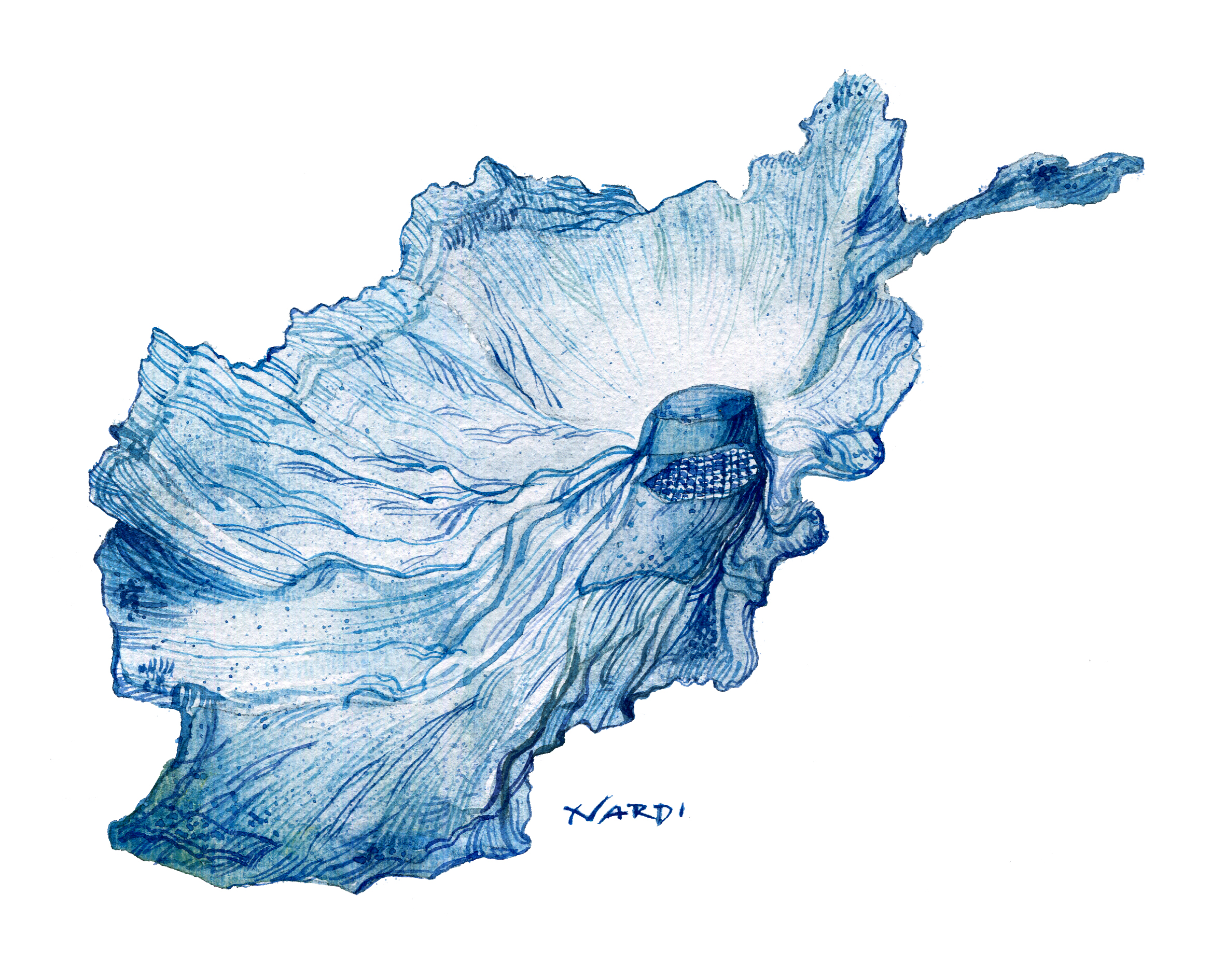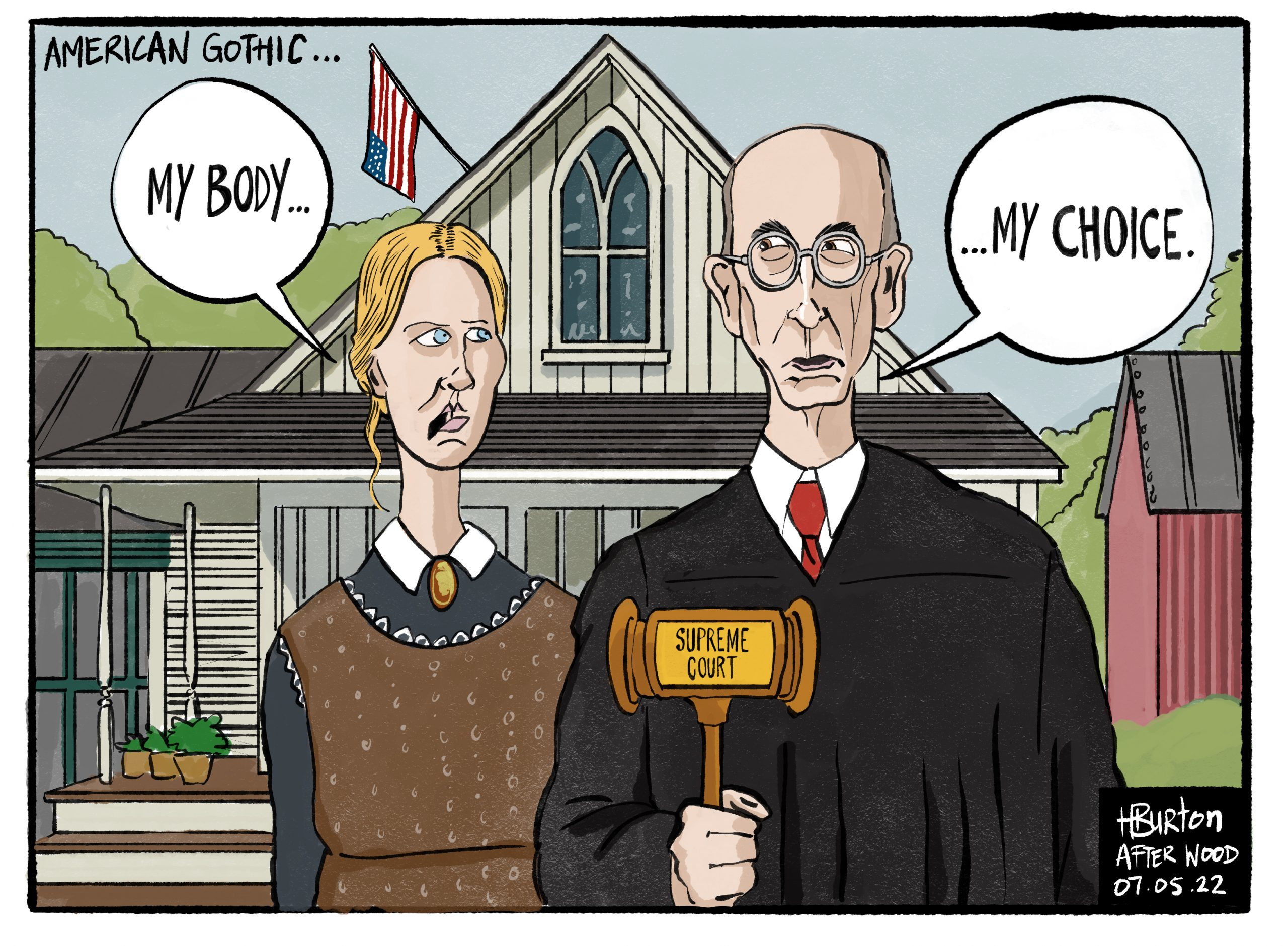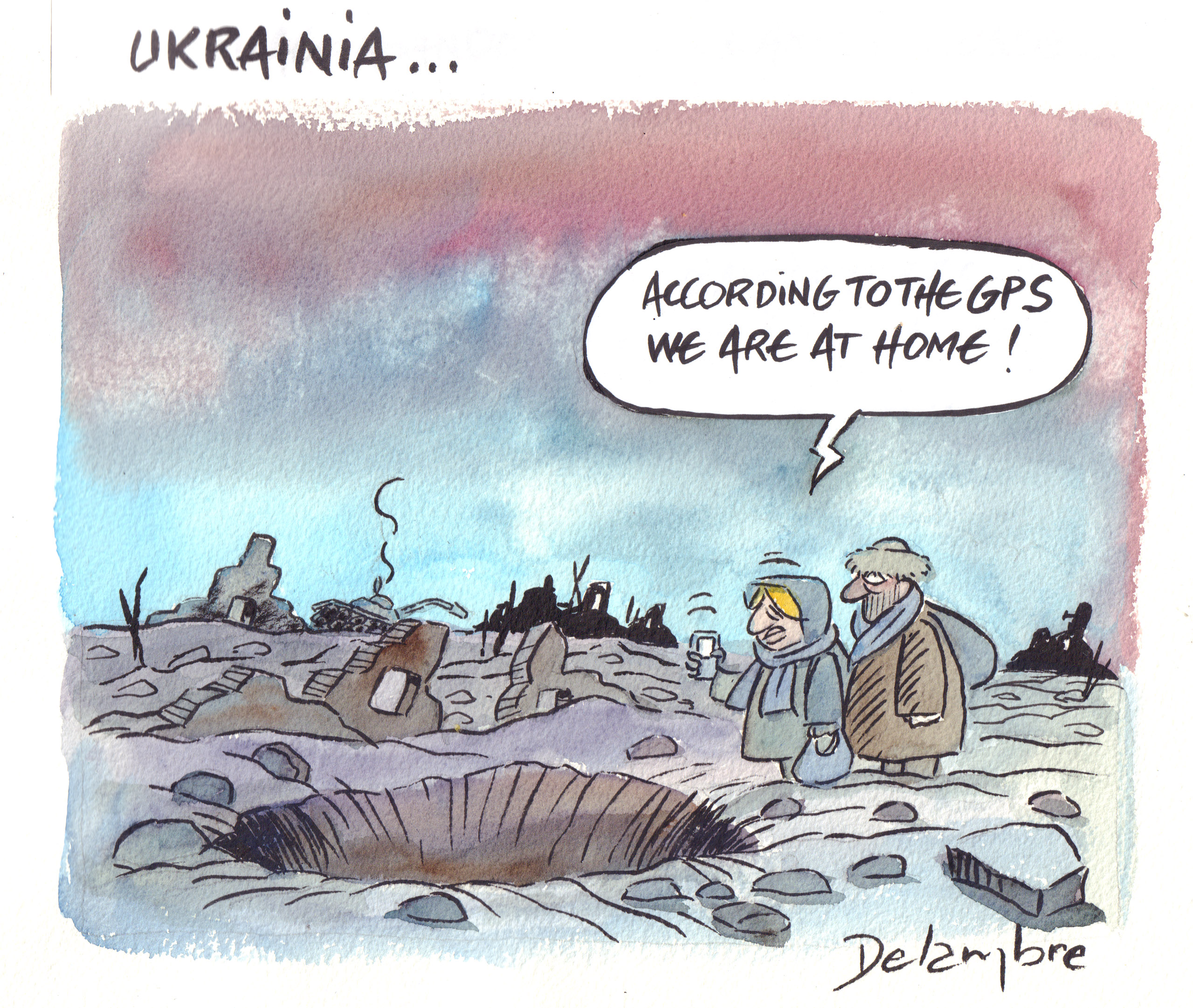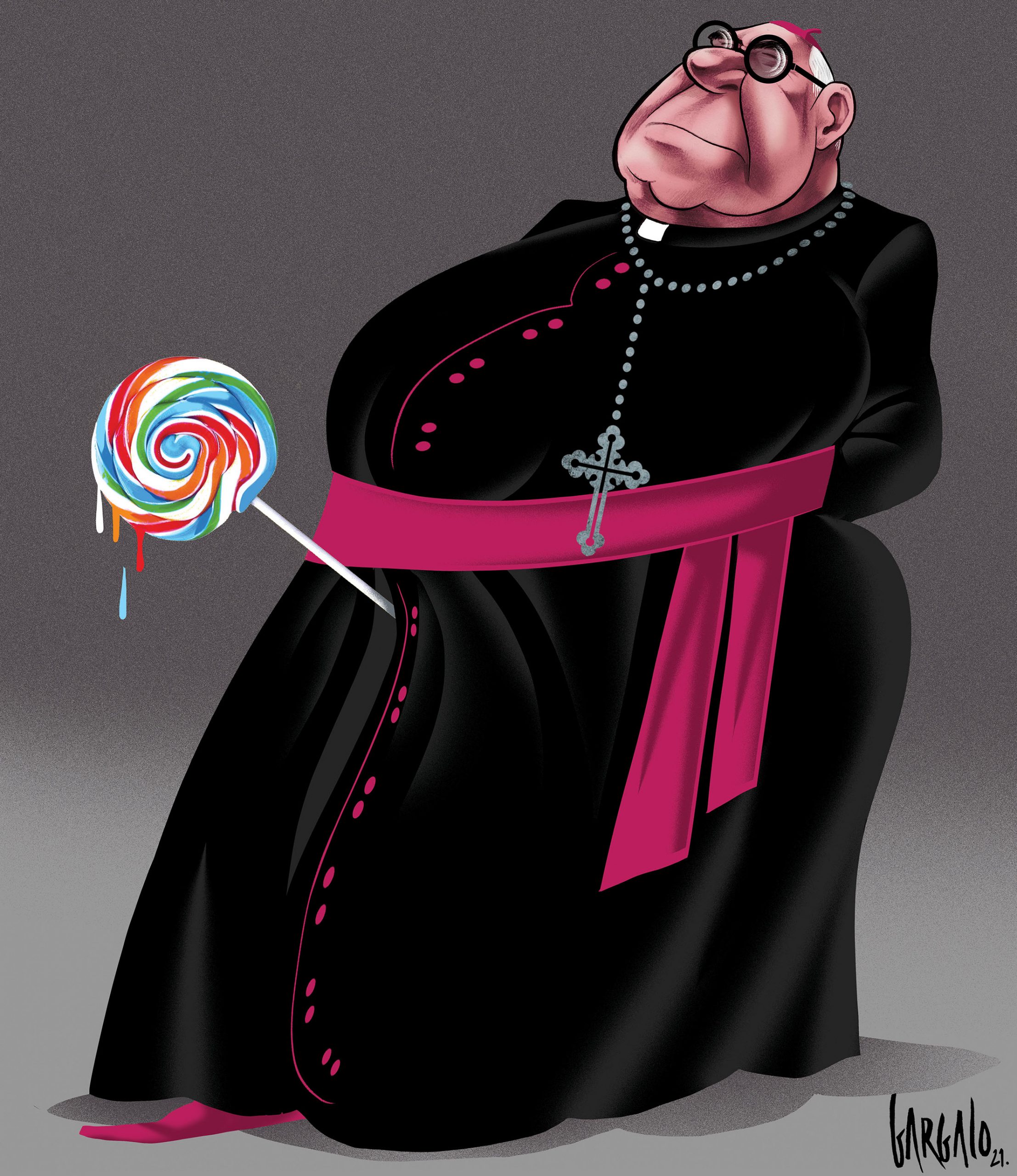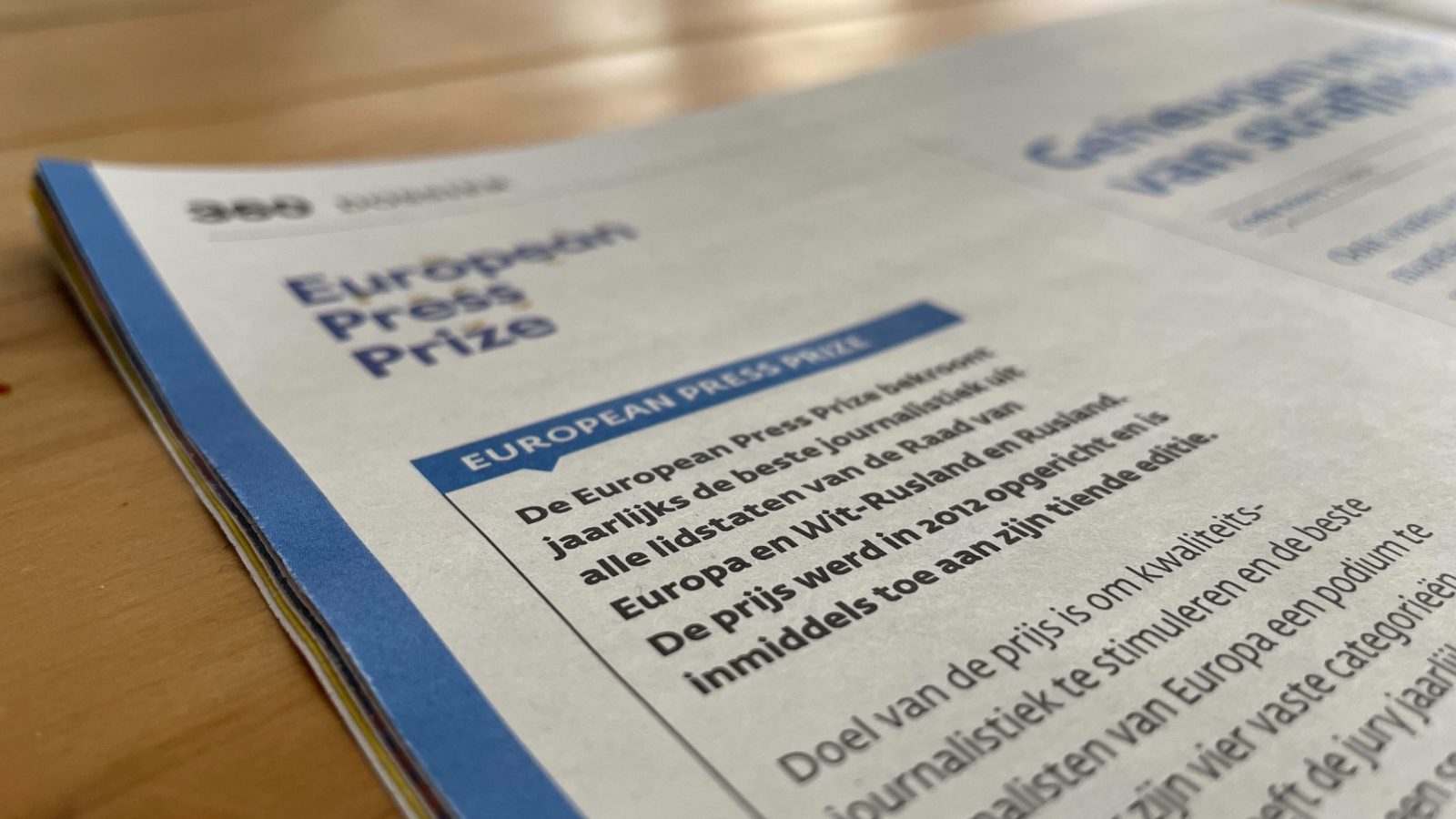The winners of the European Cartoon Award 2022
The European Press Prize and Studio Europa Maastricht, founders of the European Cartoon Award, proudly announce the name of the winner and runners-up of this year’s edition.
The first prize was awarded to the Cuban cartoonist Carlos David Fuentes, for his work “Putin in Ukraine” published in the French magazine Courrier International.
The two runners-up are cartoonists Marilena Nardi (Italy), and Harry Burton (Ireland). Honourable mentions were awarded to Jean-Michel Delambre (France) and Vasco Gargalo (Portugal).
The works of the winner and runners-up were selected from over 400 submissions, coming from 29 countries, European, and beyond, by a jury composed of award-winning cartoonists, previous year’s nominees, activists, and experts.
Janet Anderson, chair of the Panel of Judges:
“The jury was impressed by the powerful storytelling and striking imagery of many of the submitted cartoons. Tom Janssen rightfully said that Carlos David Fuentes’ cartoon is the right image to portray this difficult year; it has a very dramatic impact, and it is very strong. Harry Burton’s cartoon on abortion rights tackles a very big issue with wit, and in a clearly recognisable image. Lastly, it might seem the issue of Afghanistan slipped off the world’s agenda, but the underlying issues are still huge, and Marilena Nardi’s cartoon tells that story in a simple but very effective way.”
Two honourable mentions
The jury decided to award two honourable mentions as well, to Vasco Gargalo and to Jean-Michel Delambre.
Janet Anderson, chair of the Panel of Judges:
“Jean-Michel Delambre’s cartoon treats the subject of the Ukraine invasion in a humorous way, all the while driving home a point, and a very important one. Vasco Gargalo’s lollipop cartoon is about an issue that is still affecting much of the world, and for its shocking reminder, the jury decided to award it with a special mention.”
The jury of the European Cartoon Award 2022 was composed of: Tom Janssen (2021 winner), Janet Anderson, Catherine André, Jen Sorensen, and Niels Bo Bojesen. And, for the first round of selection, a jury composed of four previous year’s nominees joined the voting: Osama Hajjaj, Saeed Sadeghi, Konstantinos Tsanakas, and Vitor Neves.
Sixteen nominated cartoons
After 2 rounds of evaluation, the two juries identified a batch of 16 cartoons that qualified for the final selection. Here is the list of the 16 nominees the cartoons belong to:
Matías Tejeda (Argentina), Nahid Zamani (Iran), Hajo de Reijger (Netherlands), Carlos David Fuentes (Cuba), Gatis Šļūka (Latvia), Silvano Mello (Brazil), Vasco Gargalo (Portugal), Pierre Pauma (France), Marilena Nardi (Italy), Dave Brown (UK), Mahnaz Yazdani (Iran), Toso Borković (Serbia), Jean-Michel Delambre (France), Emad Hajjaj (Jordan), Tjeerd Royaards (Netherlands), Harry Burton (Ireland).
Emanuele Del Rosso, Head of Communications at the European Press Prize and organiser of the ECA 2022: “The incredible power of editorial cartoons is clear when we look at the sixteen works shortlisted for the final stage of the ECA, and even more, at the winners of this year’s Award. These are works that tell us a whole story in a single image. They convey multiple meanings, they make us think, and help us interpret a cultural and political reality that is harder and harder to understand.”
Gonny Willems, director of Studio Europa Maastricht: “The cartoons nominated for the European Cartoon Award aptly illustrate the turbulent year behind us. Decisive, provocative, at times shocking and at others funny: these cartoons hold up a mirror to Europeans and comment on both the pressing issues in our continent and how we interact with the rest of the world. This makes them a crucial part of the public debate in which old ideas are questioned and new ones are introduced.”
For the full list of nominated cartoons, and information on the ECA, visit Europeancartoonaward.com
Republishing: Pushing journalism beyond the language barriers
One of the biggest challenges for European journalists is probably language. Important pieces of journalism are published throughout the continent, but they often can’t transcend a single state’s borders, because a change of landscape, in Europe, often means a change of language.
That is why, at the European Press Prize, we rely on – and encourage – republishing.
Quality journalism speaks every language
Sometimes the European Press Prize is compared to the Pulitzer Prize. By this comparison, we are deeply flattered, because it tells us we are doing our job well, in growing a respected organization that stands for excellence in the field of journalism.
But there is one fundamental difference between us and the Pulitzer: we deal with hundreds of submissions from 48 countries (the whole Council of Europe, with the addition of Russia and Belarus) and the pieces we receive are more often than not written, rather than in English, in one of the European languages. This makes sense, because journalism is a fundamental service to a population, and it will be written in the main language spoken in a specific country.
So, we translate all the entries that are longlisted into English.
This is necessary first of all for our Preparatory Committee to be able to evaluate them, and pass them to our Panel of Judges for a final decision.
Secondly, and perhaps more importantly, the shortlisted pieces, our Nominees, are then published on our website in English, to maximize their reach, extending their influence beyond borders and contributing to showing Europe for what it truly is: a union made by its stories.
But is this enough, to provide new audiences for these articles?
Republishing steps up the game
There is one thing that is better than our blog and our website’s space, to host the dwell of feature articles, investigations, and opinion pieces we select every year: highly reputable print or digital publications.
The power of republishing an article, maybe written in Polish, Hungarian or Portugiese, into a French, Spanish, or Croatian newspaper, is truly magical. How many stories, investigations, and interviews, can resonate with readers that live thousands of kilometers from where they were originally written!
Whereas being born locally, many of the articles we award can easily become relevant in other European countries.
Many of the stories we select and award have a truly international vocation and it is easy to imagine that they can trascend borders and become an interesting read for different European audiences. Articles about corruption, investigations into scandals, and opinion pieces about climate or human rights, when translated and republished, can be relevant to new audiences. They can, first of all, help readers better understand the Europe they live in, and secondly, they can show them how different but similar, distinct and yet related, all the European cultures are.
Republished versions of our 2023 Nominees and Winners
Visit our European Press Review for the list of articles that were republished in other European media outlets.


